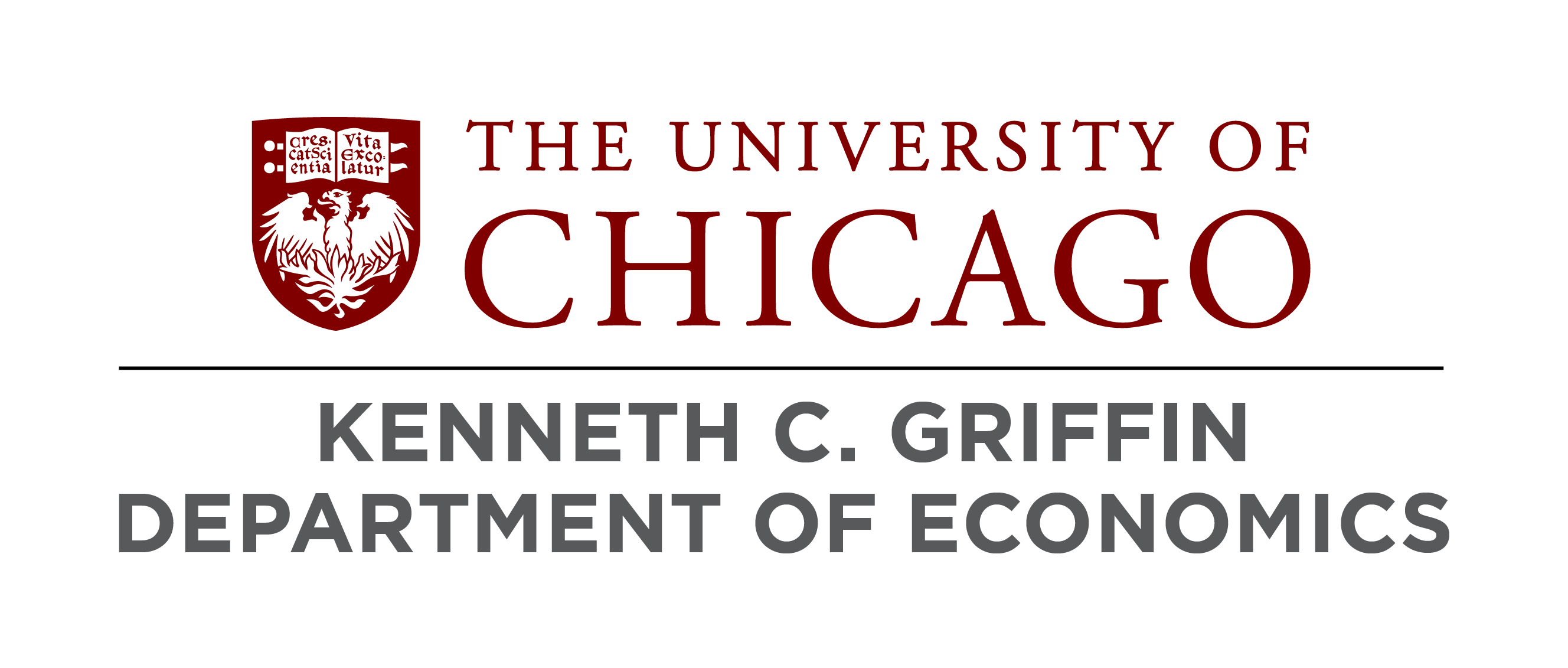
Primary Research Focus: Econometrics
Secondary Research Focuses: Applied Econometrics, Industrial Organization
References:
- Alexander Torgovitsky (Committee Chair)
- Stéphane Bonhomme
- Azeem Shaikh
- Max Tabord-Meehan
Job Market Paper: "Aggregating treatment effects across multiple outcomes"
Empirical researchers commonly observe multiple outcomes intended to measure an underlying abstract variable. For example, the abstract variable “crime” can be measured using crime rates for different types of offenses, and “wealth” can be measured using different assets. How should one aggregate these multiple outcomes into a single quantity? In this paper, I show that commonly used approaches have some unexpected shortcomings and develop a new approach to aggregating outcomes. First, I document that three methods are widely used in the empirical literature: principal component analysis (PCA), inverse-variance matrix (IVM) weighting, and standardized averaging (SA). I show that PCA has several undesirable properties: it is sensitive to arbitrary choices of normalization, it can lead to non-standard limiting distributions, it can produce negative weights on some outcomes, and it does not even necessarily maximize precision. IVM does not suffer from the first two problems, but also has the negative weighting problem. SA is more attractive, but need not maximize precision. I use statistical decision theory to develop an approach to aggregating outcomes that minimizes mean-squared error while ensuring interpretable weights. The framework allows the researcher to flexibly incorporate prior information about the relative quality of different outcomes. It also allows for valid inference that takes the prior information into account. I apply the decision-theoretic procedure to two recent empirical applications.
 THE UNIVERSITY OF CHICAGO
THE UNIVERSITY OF CHICAGO

